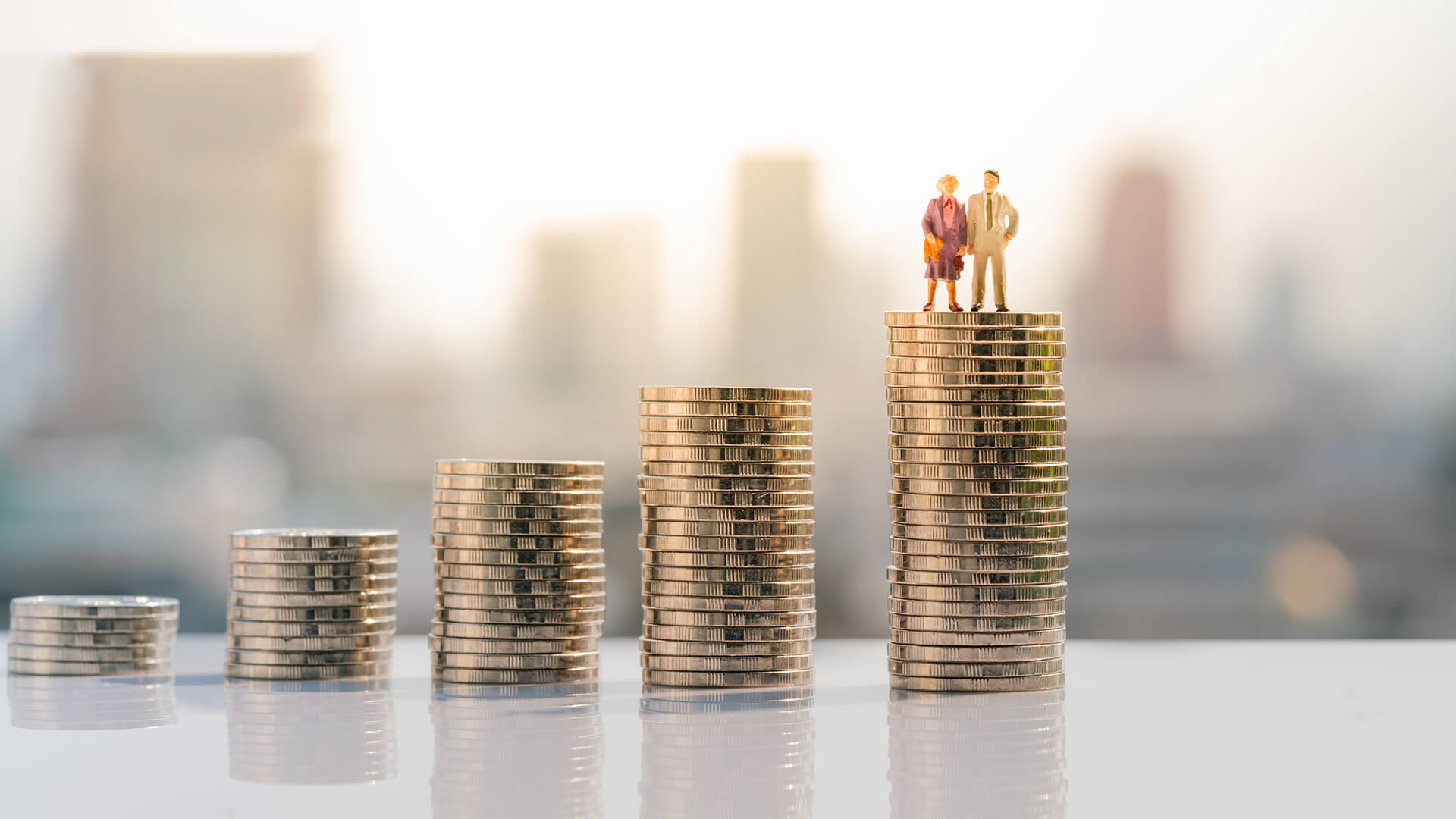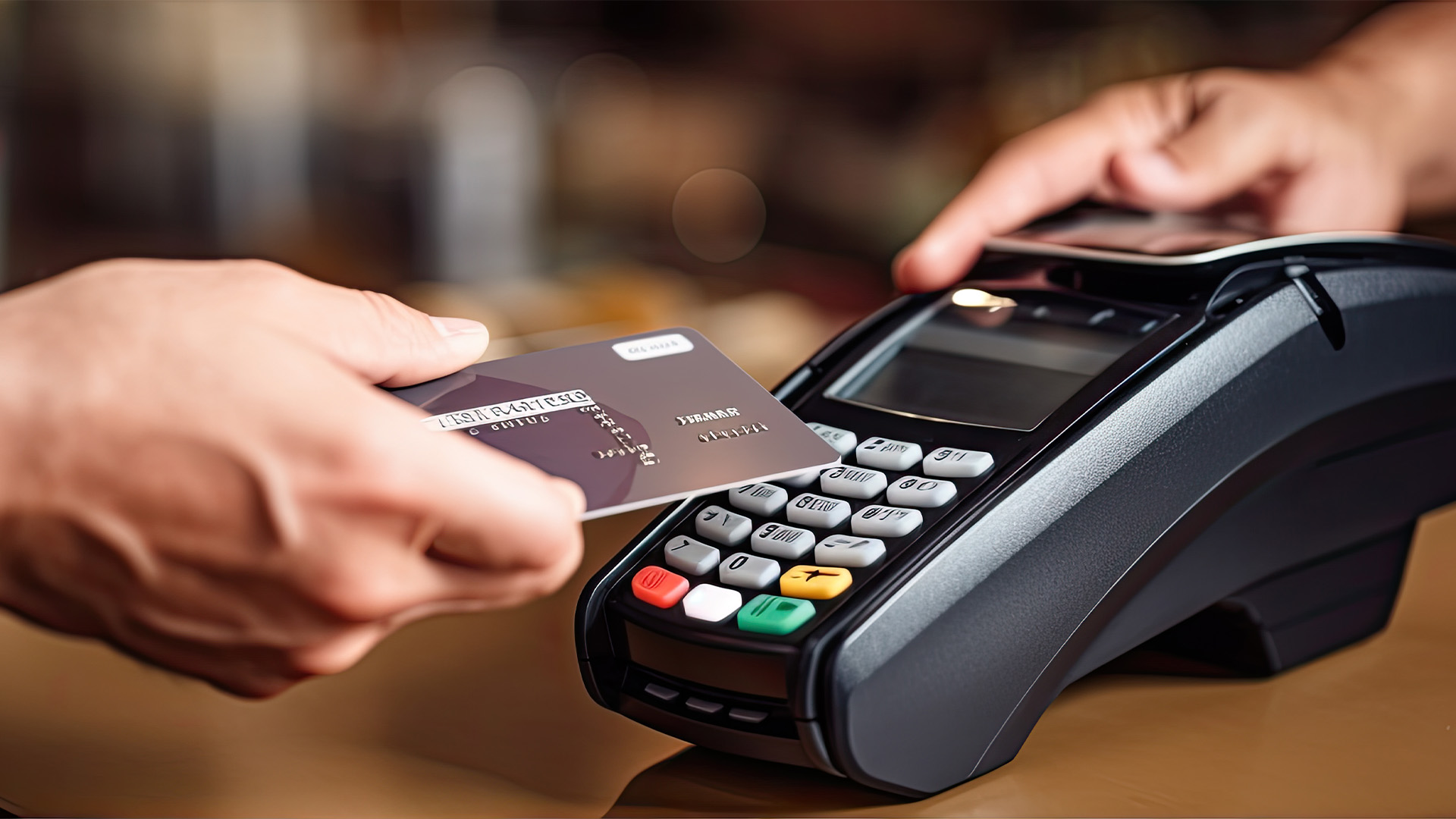
In times of sudden and dramatic change, people tend to react in one of two ways. They either tense up and resist the inevitable for as long as humanly possible or take a deep breath and adapt to the new normal.
Generally speaking, the coronavirus pandemic has forced many of us to decide which way we’re going to react. While many people have chosen to live in denial, others see the pandemic as an opportunity for self-improvement.
For most folks, 2020 was the year when they realized they weren’t nearly as self-sufficient as they thought. In the absence of products and services we took for granted, it became apparent to many that achieving some sense of normalcy would require self-sufficiency.
With most experts anticipating another year of mask-wearing social distancing, it’s safe to say the self-sufficiency trend will continue through 2021 and beyond. With this in mind, investors and wealth management professionals will want to get on board before it’s too late.
Investing in the self-sufficiency industry opens up hundreds of possibilities. That’s because, as a result of the pandemic, the push for self-sufficient living permeates through every aspect of our lives. For example, due to working from home, many people are learning how to make coffee for the first time. Previously, they made a daily stop at Starbucks or Dunkin Donuts on the way to work. Since that’s no longer a feasible option, they opt to brew gourmet coffee at home.
If you’re an investor in early 2021, do you buy stock in one of the nation-wide coffee shop chains or online services sending monthly boxes of gourmet coffee to homes across the country? While the question assumes a false dichotomy (you could hedge your bets and invest in both or invest in neither), it highlights the gut-check security of investing in any business that’s currently selling a do-it-yourself alternative to things we outsourced before the pandemic.
However, investors must know the difference between a gimmick and a pot of gold. Do-it-yourself baking kits? That’s a winner. Do-it-yourself foundation repair kit? That’s probably not something people will want to tackle on their own in any circumstances.
With that said, the current trend towards self-sufficient consumerism doesn’t mean investors need to give the cold shoulder to big business mainstays. While so-called disruptive industries have been the topic du jour among investors for years, the prevailing pattern suggests industry giants will adapt to the new normal. If the new normal is more consumers choosing to DIY things they previously paid others to provide, it won’t be lost on those in control of the world’s largest companies.
2020 was a year to remember for all the wrong reasons. With that said, the pandemic and events surrounding it have led many to make changes to the way they do things. On the consumer side, individuals take on more responsibilities, while businesses are tasked with adjusting to changing consumer trends. While the overarching circumstances are unique, this pattern is business as usual. Investors should take note.

























